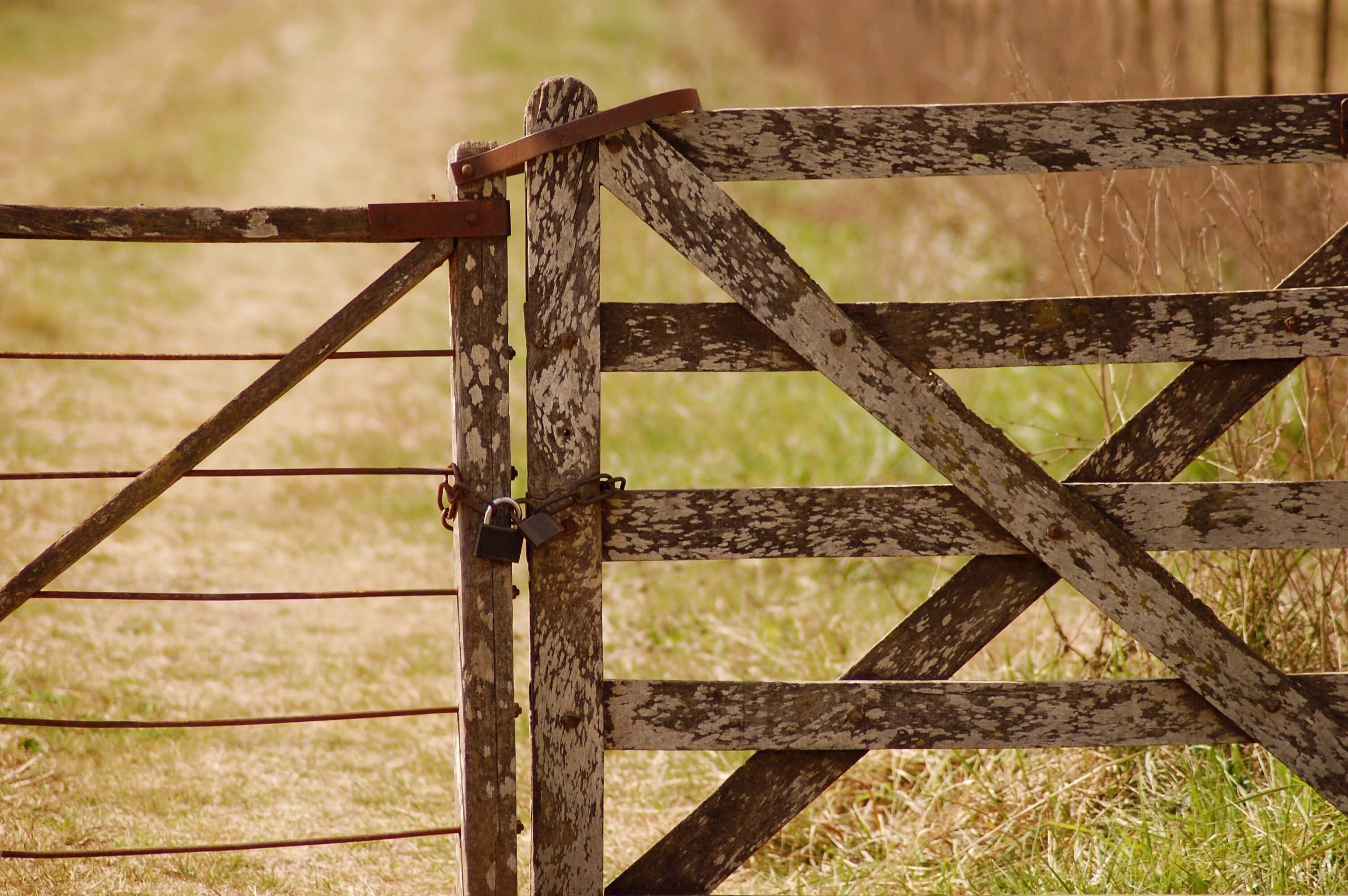You go over to a friend’s house where someone is already over and playing a beat that he created. You start bobbing your head to the beat because it’s pretty good. Next thing you know you’re freestyling over the beat, because you know.. you got skills like that. The person who made the beat likes the vibe too and suggests that you two should put a few tracks together.
So you do just that, and put together three tracks and throw them up on the internet. A few small underground hip hop blogs pick you up. Next thing you know Drake’s blog is featuring your tracks. A little while later, you’re sent a New York Times article talking about the tracks. Things blow up and escalate from there.
This is the quick and dirty version of the story behind Abel Tesfaye. You probably know him better as the three-time Grammy winner: The Weeknd.
Old guards
It used to be that in order to get the attention of your audience you had to get the attention of the gatekeepers: the record labels, the publishing houses, the distributors, the movie studios, the art dealers etc.
You don’t need their blessing anymore. You can just create and publish.
Just pick up your camera, make that movie and upload it to Vimeo. Strum your guitar, record yourself with GarageBand and upload to Soundcloud. You can write that book and publish it the same day on Amazon. You can create something and put it out there for the world to consume.
Because of the ease of publishing tools and resource, the bar to entry is very low. You could start learning to draw and the same day post on Instagram. It doesn’t mean that you’re now a great artist, it just means that you can publish quickly.
Talent, therefore, will always be a prerequisite to having the permission to gain traction within your tribe.
“The gatekeepers don’t control the gates,
and the powers that be aren’t that powerful”
G-Eazy
Opportunity cost
Because of the low bar to entry, the gatekeepers are still there and still somewhat relevant. They still give ‘permission’ to those that need the validation for their work and they still curate work for the audience that needs the curation. As a result, some of these gatekeepers claim to hold the keys to a mass audience. But at what cost?
Record labels pay out an average of 10% to 15% to the artists on a given release. Book publishers pay similar royalties per book sale after recouping printing and marketing costs.
So before you decide that you need the gatekeeper, ask yourself these questions first
- Are you creating the kind of work that matters?
- Do you really need the gatekeeper or are you looking for a stamp of approval to put your work out there?
- Can the gatekeeper get you in front of the quirky personalities that will relate to your specific work?
- Are you willing to relinquish control of how you do your work and are you willing to make compromises on your work to appease the gatekeepers

Find your tribe
Even though it’s important that you understand why you might want to work with a gatekeeper, you don’t need them to be your middleman. People are finding their tribes and connecting with them online. Therefore your ability to find your tribe and give them the gift of your work is more important than ever before.
Kevin Kelly wrote in his famous essay, 1,000 true fans, “To be a successful creator you don’t need millions. You don’t need millions of dollars or millions of customers, millions of clients or millions of fans. To make a living as a craftsperson, photographer, musician, designer, author, animator, app maker, entrepreneur, or inventor, you need only thousands of true fans.”
Connect deeply
A young ‘insta-poet’ Rupi Kaur took her book of poems: Milk and Honey to the #1 spot on the New York Times best seller list and kept it on the list for 147 weeks (and counting) by finding her tribe and connecting with them online. She found her fans on Instagram, Twitter and Tumblr, captivating them with her short provocative verses. The commercial success of her book is a very rare feat for a book of poetry to accomplish and she did this by connecting in a genuine way with her audience.
With such a raw emotional style, would her poetry have been allowed in by the established publishers? Below are Rupi’s own words as an answer:
I sat with myself one day and asked ‘Who is in those prestigious literary circles? Do they represent me? Do they appreciate the topics I write about and the style in which I write? Do those gatekeepers let a demographic like mine through the door?’ And the answer was no.”
Rupi Kaur
The path to connecting on a deeper level with your tribe will take longer but will improve your work and will create an fanbase that no one can touch. As a result, it will force the gatekeepers to pay attention to you. They will come to you because you’ll have done the hard work of creating content that matters and because you’ll be reaching the people that deeply care.
So… do you really need the gatekeepers or do they need you?
